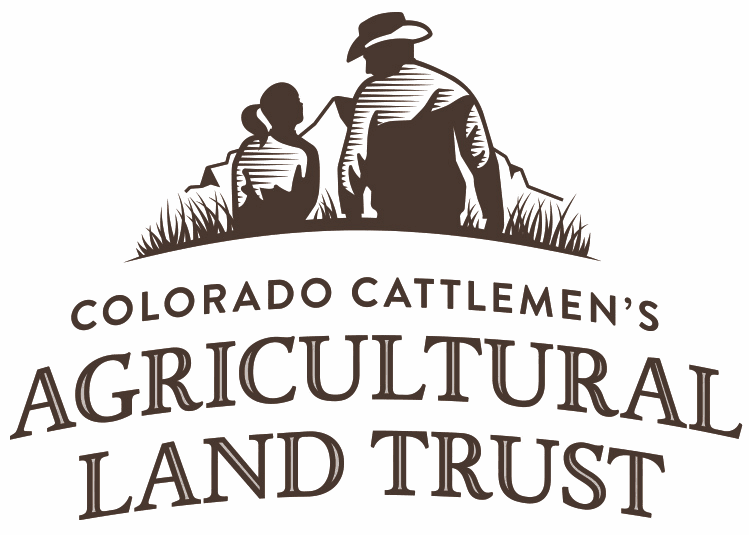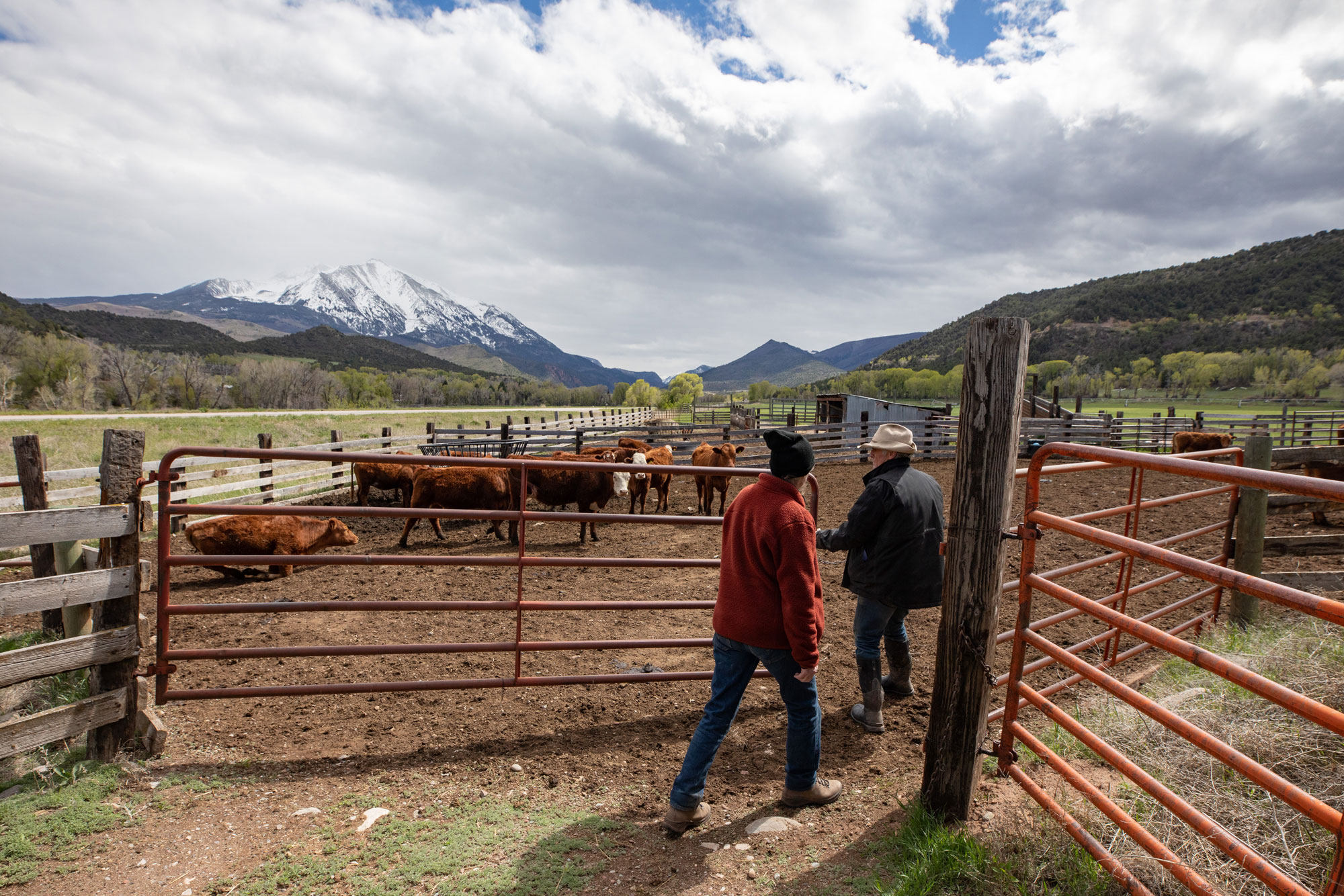A Legacy of Conservation: Honoring Aldo Leopold’s Land Ethic and 30 Years of CCALT’s Mission
November 6, 2024
By: Erik Glenn and Rick Knight
As we mark the 75th anniversary of Aldo Leopold’s A Sand County Almanac and approach the 30th anniversary of the Colorado Cattlemen’s Agricultural Land Trust (CCALT), we find ourselves at a profound intersection of legacy and responsibility. Leopold’s vision, a call for a “land ethic” that regards soil, water, plants, and animals as a community, remains as relevant as ever. His message has taken root with private landowners and conservationists alike, yet the broader adoption of a land ethic across society remains an unfinished pursuit.
Leopold’s land ethic, a radical idea in 1949, challenged us to see land as more than a commodity. Instead, he asked us to embrace it as a community to which we belong and to which we owe responsibility.
This ethic transcends the notion of simple stewardship; it is a commitment to conservation as a moral responsibility. For those who work the land daily—our farm and ranch families—this ethic is a lived reality.
However, Leopold’s message was never solely for farmers and ranchers. It was, and is, a call to society. It’s clear that the land ethic has flourished with those who work directly with the land. Yet, in society at large, the concept struggles to take hold with the same conviction. Many enjoy the benefits of conservation—the scenic vistas, clean air, and outdoor recreation—without fully appreciating the responsibilities that come with these privileges. This imbalance poses a challenge, especially as urban areas grow, rural lands shrink, and pressures on natural resources increase.
But there is hope. Increasingly, we see support for conservation incentives from voters across the nation. Colorado alone has scores of cities and counties where voters have passed open space initiatives that pay for the conservation of working lands, habitat, and open space. Likewise, the remarkable increase in farmers’ markets allows urban people to meet and learn from the producers of their food. These trends in public support reveal a collective desire to keep working lands in working hands, a promising sign of society’s willingness to embrace the land ethic.
Since its founding in 1995, CCALT has worked alongside Colorado’s farm and ranch families to conserve the landscapes that define our state. As we prepare for CCALT’s 30th anniversary in 2025, it is worth reflecting on this remarkable partnership that has conserved Colorado’s working lands and western heritage.
CCALT has been privileged to work with families who have embraced Leopold’s land ethic. This work is not about locking land away but about keeping it open and productive to grow food and fiber, support habitat for wildlife, protect watersheds, and preserve the scenic beauty that defines our state and inspire imagination and creativity.
As Colorado’s population continues to grow, the work of CCALT and the application of Leopold’s ethic becomes ever more critical. Conservation must evolve alongside this growth. It is not enough for farmers and ranchers to bear the burden alone; the broader public must embrace an active role in shaping a sustainable and resilient future. This will require that more of us understand that a land ethic is not just an agricultural value but a societal one.
Leopold once wrote, “We abuse land because we regard it as a commodity belonging to us. When we see land as a community to which we belong, we may begin to use it with love and respect.” As we celebrate Leopold’s legacy and prepare to honor 30 years of CCALT’s work, let us commit to fostering a culture that recognizes this community, values conservation as a shared responsibility, and strives to leave a better, healthier land for those who will come after us.
May the next 30 years see the land ethic flourish—not only in the fields and pastures of Colorado but in the hearts and minds of all who call this place home.

